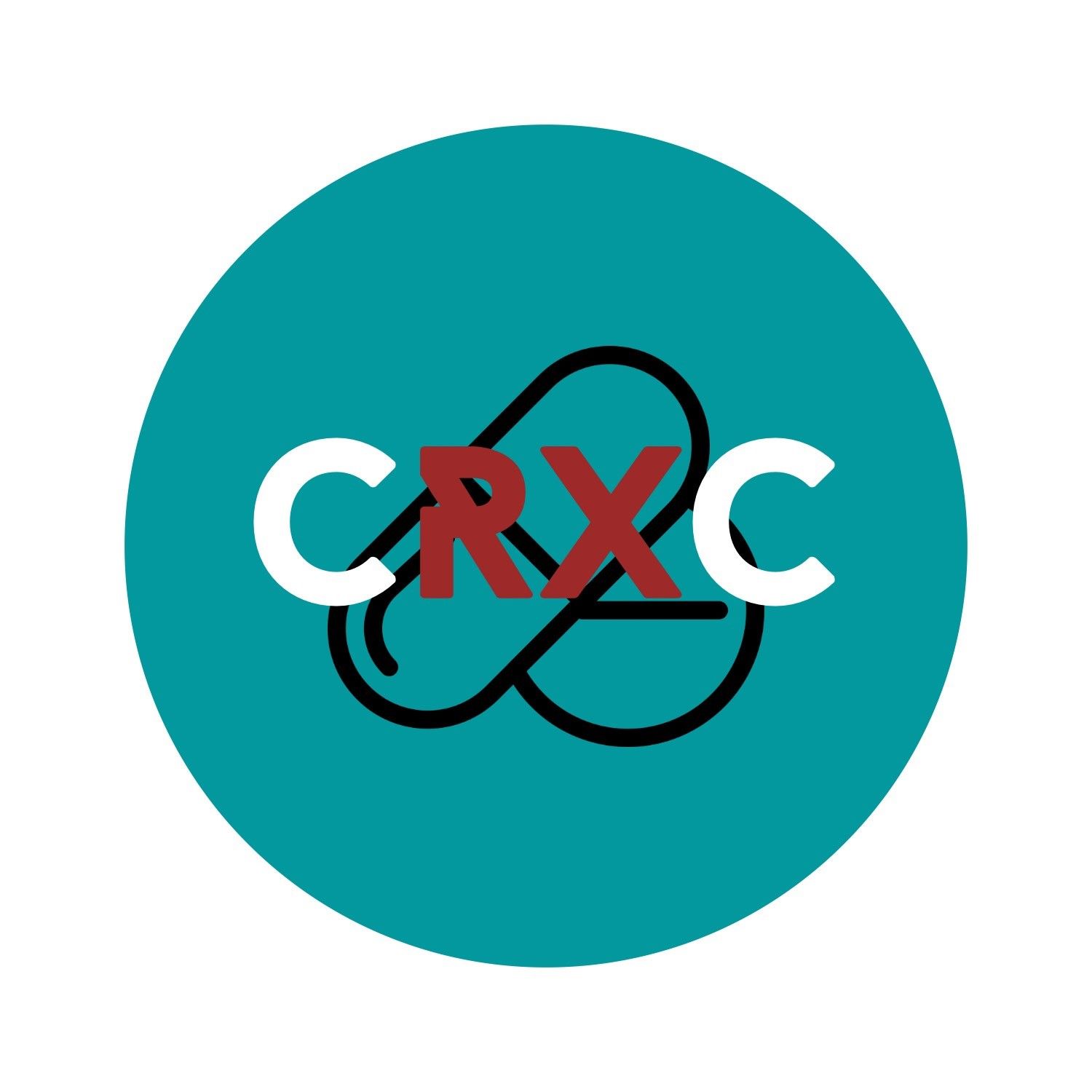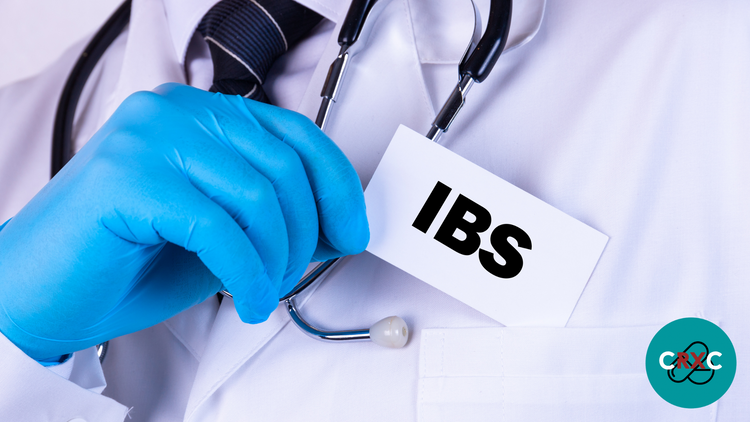Q&A's: Food Allergies

Did you know...
Over 32 million Americans are living with potentially life-threatening food allergies. Statistics show that ever 3 minutes someone ends up in the emergency room due to a food allergy may not. This proves that those who struggle with food allergies may not be aware of how severe their allergies could be.
What is a food allergy?
"A food allergy happens when your immune system overreacts to a harmless food protein—an allergen." - http://www.foodallergy.org
What are common food allergens?
- milk
- egg
- peanut
- tree nuts
- soy
- wheat
- fish & shellfish
Is there a difference between a food allergy and food intolerance?
Food allergies are not the same as food intolerances. A true food allergy affects the immune system and can cause symptoms that can be severe or life-threatening versus a food intolerance only affects the digestive system accompanied by less severe symptoms.
What are the symptoms of a food allergy?
The most common food allergy signs and symptoms to look for are:
- Tingling or itching inside your mouth
- Swelling of the face, lips, tongue and throat as well as other parts of the body
- Itching, hives or eczema on the surface of your skin
- Wheezing, nasal congestion or trouble breathing
- Nausea or vomiting, abdominal pain or diarrhea
- Dizziness or fainting
Severe reactions of a food allergy that can cause life threatening signs and symptoms is known as "anaphylactic shock". This includes:
- Rapid pulse
- Dizziness, lightheadedness or loss of consciousness
- A swollen throat or the feeling of having lump in your throat causing difficulty breathing
- Constriction and tightening of the airways
- A severe drop in blood pressure
- Shock of the body
It is critical that you treat anaphylaxis as an emergency. If left untreated, it can cause a person to enter into a coma and potentially death.
When to see a doctor
If any of the signs or symptoms occur shortly after consuming food, seek assistance as soon as possible for further allergy testing with an allergist. Talk to your health care provider to refer you if necessary. This will help pin point what you are allergic to so that you can prevent the symptoms and in worse cases anaphylaxis.
Seek emergency treatment immediately, if you observe any signs or symptoms of anaphylaxis or anaphylactic shock.
Treatment
For more severe allergic reaction:
- epinephrine autoinjector (EpiPen) - seek emergency assistance once injected typically into the thigh
For less severe allergic reaction:
- prescribed antihistamines (only use for minor symptoms as these cannot treat major allergy reactions)
You may find your prescription on our website for the best quote, please visit:
https://canadarxconnection.com/usp.php





